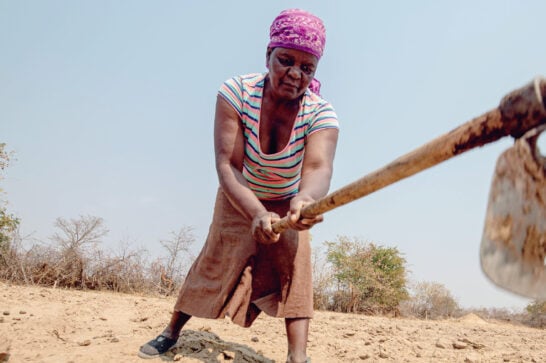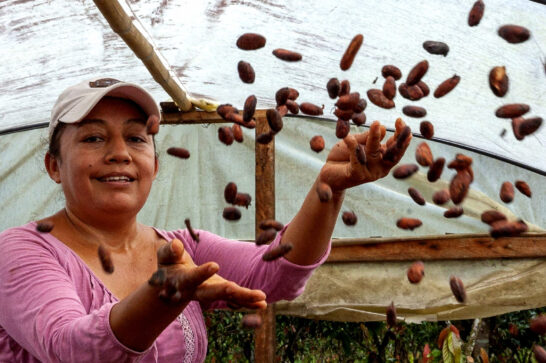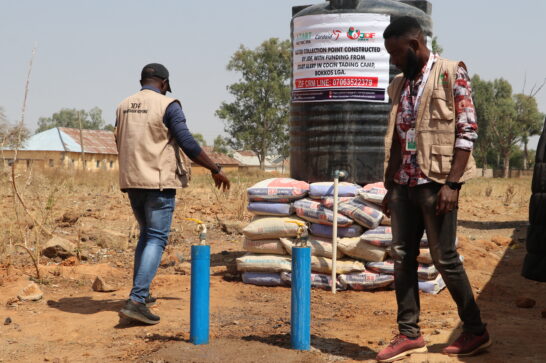Acknowledging that our organisation’s presence is temporary while local actors remain in their communities, we are committed to gradually shifting power dynamics. This means local partners will lead decisions and actions that directly affect them, with Cordaid playing a supportive and facilitative role.
Co-creating Innovative Solutions
Given the current global crises, which disproportionately affect communities with limited resources, Cordaid is working to co-create innovative solutions that address the priorities set by local partners and the communities they serve.
Locally-Led Humanitarian Action
Our humanitarian strategy has been renewed and is ready to contribute to alleviating changing human needs worldwide. Read more in our new and comprehensive brochure.
Intermediary Role
We are also reviewing our business and operational models to better align with our role as an intermediary, ensuring local partners receive a fair share of the available budgets.
“Cordaid is committed to empowering local actors in humanitarian and development work. We recognise that each context requires unique, tailored solutions and that there is no one-size-fits-all approach.”
Our efforts to promote locally-led development span across three key areas: policy, organisational development, and operational practice.
At the policy level:
- We signed the Pledge for Change and committed to the Charter for Change. These initiatives re-imagine the role of INGOs in the global humanitarian and development system and promote locally-led responses. Additionally, we are long-standing supporters of the Shift the Power movement, a mobilising force that seeks to highlight, harness, and legitimise new ways of development cooperation.
- We are a member of the Civil Society Organisation Reference Group of the Organisation for Economic Co-operation and Development’s Development Assistance Committee (OECD DAC), which promotes more and more effective funding for the humanitarian and development sector.
- Through the Civil Society Platform for Peacebuilding and Statebuilding, hosted by Cordaid, we released the report Pathways for Locally-Led Change: Learnings & Recommendations from the Unboxing Localisation Trajectory.
At the organisational level:
- We emphasise the importance of ethical and inclusive communication and follow international standards and guidelines for creating our communication outputs.
- We signed an agreement with the Dutch Relief Alliance that ensures equal distribution of overhead budget allocations to local implementing partners in humanitarian programmes.
- We established a Locally-Led Development Working Group to identify challenges, resources, and new approaches for equitable partnerships and we launched a Community of Practice for locally-led development, promoting the sharing of experiences and best practices. To measure our progress, we developed a survey to gather feedback from peers, partners, and donors.
At the programme level:
- We ensure community-driven and government-led priorities are met through inclusive and participatory planning, transparent project implementation, and advocacy for marginalised groups.
- We deliver humanitarian assistance through local partnerships, including networks like Caritas Internationalis and the ACT Alliance.
- We implement innovative programmes that pilot locally-led development approaches, such as Just Future and the Strengthening Ethiopian Health Systems through Results-Based Financing project and we partner with local women’s rights organisations through the Women’s Peace & Humanitarian Fund.
A Commitment to Lasting Change
Cordaid is committed to empowering local actors in humanitarian and development work. We recognise that each context requires unique, tailored solutions and that there is no one-size-fits-all approach. This journey is an ongoing process of learning and adaptation, where Cordaid continuously redefines its role in supporting its local partners.
Our Expert
If you are interested in collaborating with Cordaid on this topic and would like more information, please contact our thematic expert.




